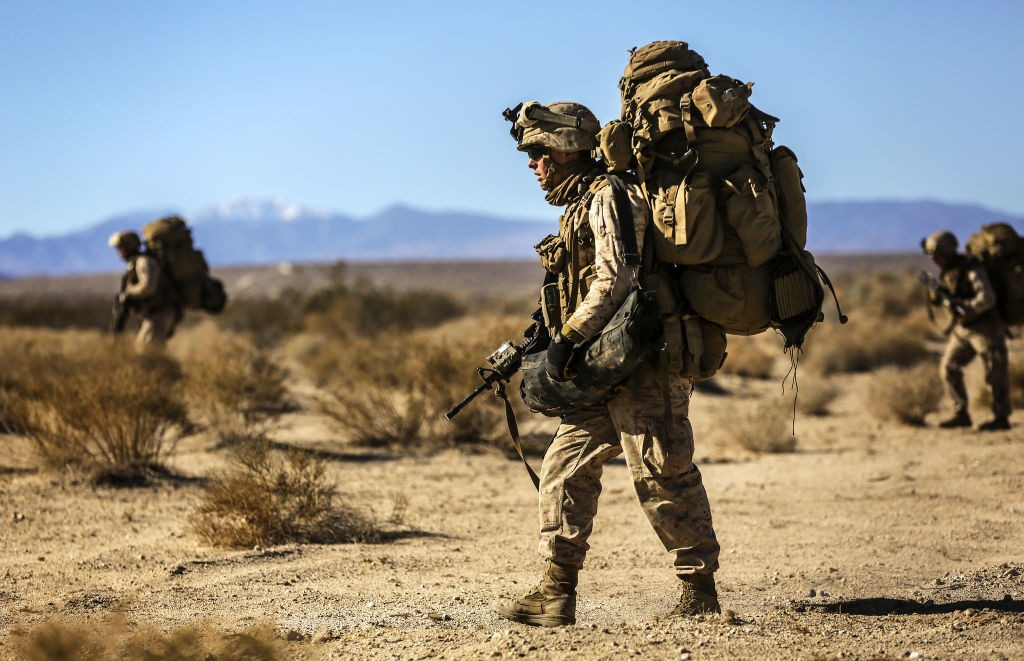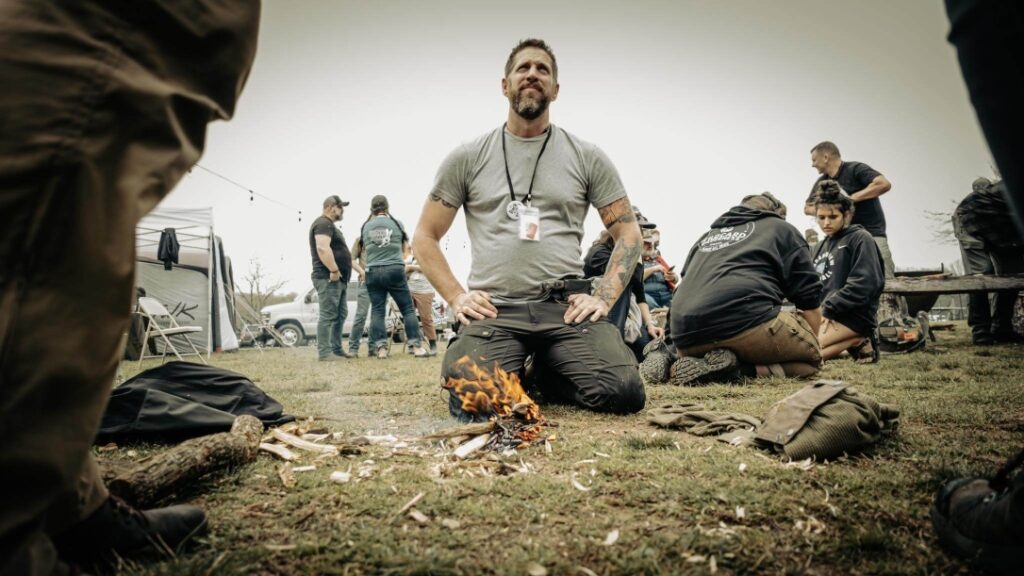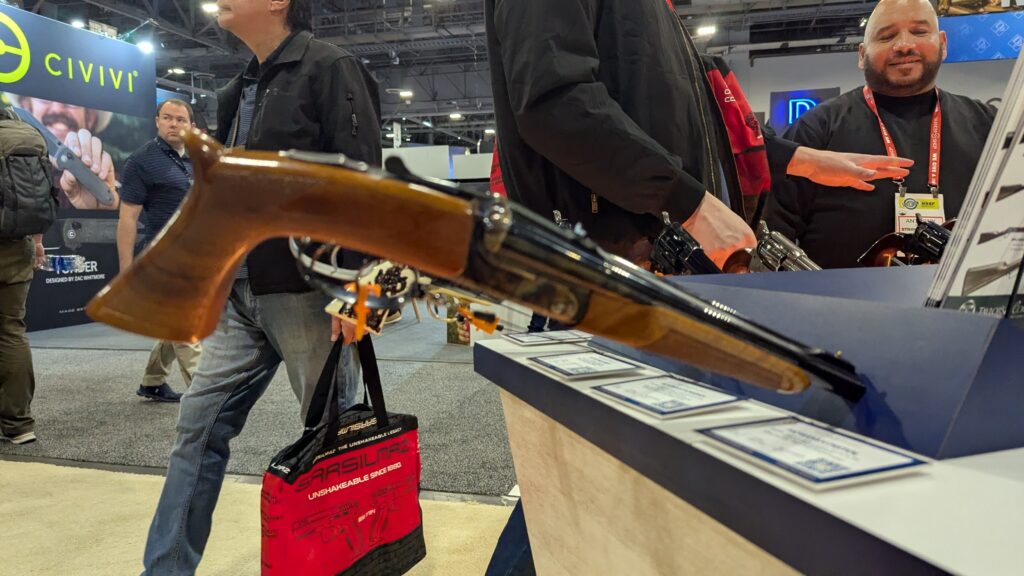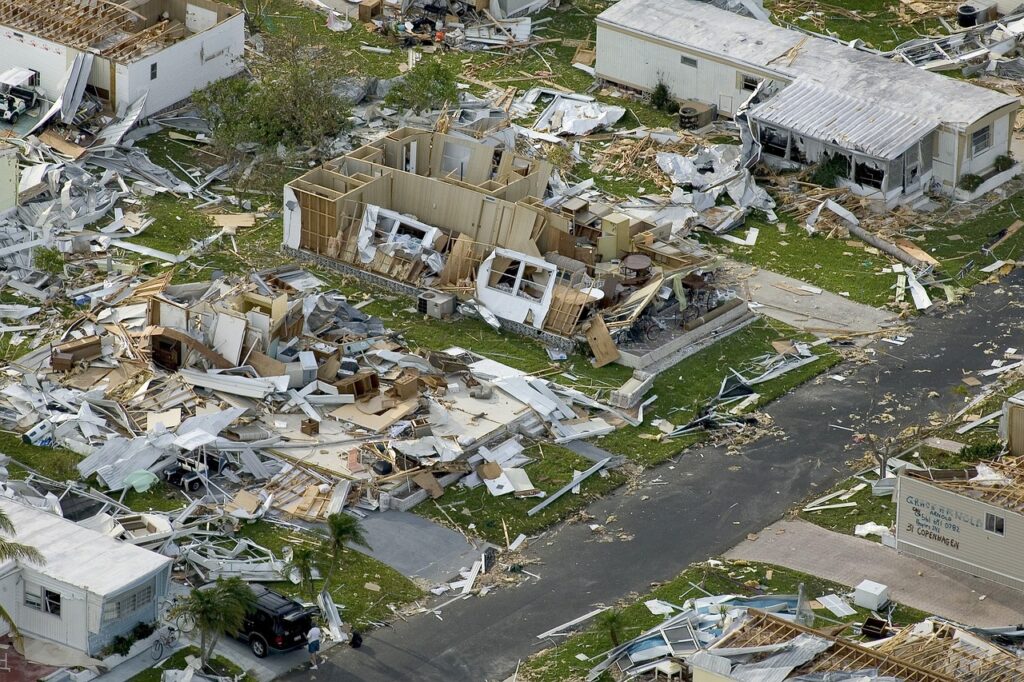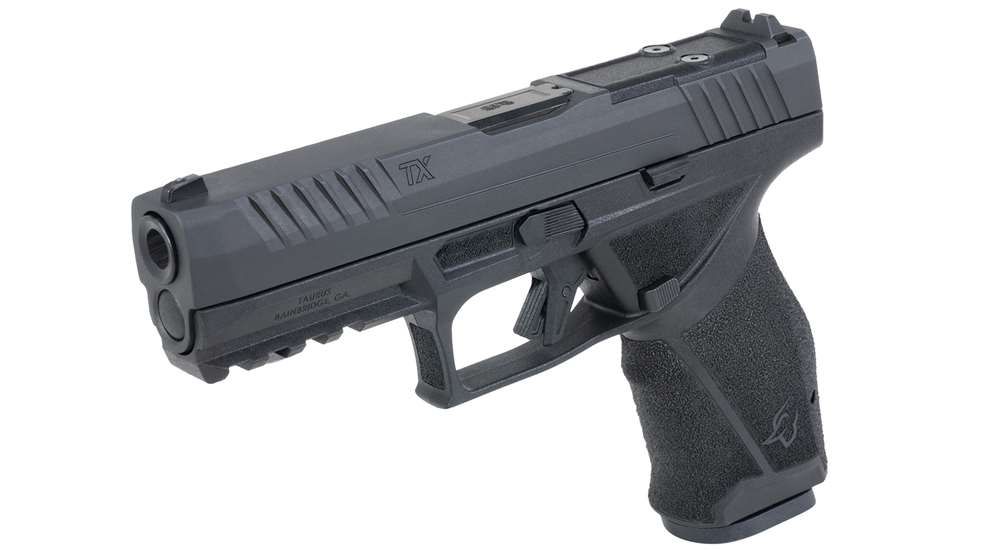How many consider themselves prepared? Are you prepared for a natural disaster, a man-made disaster, or the end of the world? Do you have a dozen guns, a pile of ammo, and a plate carrier? That’s cool, but as someone who has been through my fair share of natural disasters and responded to even more, you’re unlikely to need that stuff. A Katrina situation isn’t the norm. While I’m not saying don’t have it, I’m simply saying the stuff required to be a prepared citizen isn’t all that fun or flashy.
If your household has a dozen guns and your only water comes from the sink, it might be time to rethink a few things. I’ve been guilty of overloading myself with guns and gear while ignoring some of the more common-sense items. Why did I have three S&W Model 1903 revolvers and no generator? I fixed it, and in honor of National Preparedness Month, I wanted to talk about a prepared citizen checklist of items we often overlook in the gun world.
Since this is written for gun guys and gals, I’m assuming you already have the gun part, and we’ll be focusing on the lifestyle portion of the necessities. If necessary, sell a gun or two and buy this stuff.
Advertisement — Continue Reading Below
A Checklist for The Prepared Citizen
A Robust Medical Kit
By robust, I mean more than an IFAK. Assuming you have a family, you need a more robust kit. Make or buy a kit designed with everything needed to treat wounds big and small. This includes TCCC-approved tourniquets, hemostatic gauze, chest seals, trauma shears, H bandages, gauze, and the typical trauma stuff.
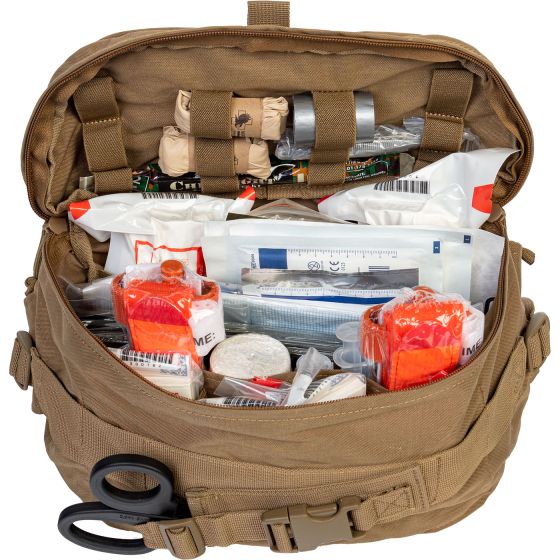
Remember the little things: bandages, bacitracin, aspirin, and even hand sanitizer. Wounds will likely be limited to bumps, bruises, and small cuts. Those will still need treatment, and sometimes, a five-year-old’s tiny scratch magically stops hurting when a Band-Aid is applied. Keep it packed and organized for easy use, preferably in a durable, water-resistant bag.
Advertisement — Continue Reading Below
Food and Water Stores
Food and water are two of the most basic survival needs. You might find yourself in a situation where the water isn’t working, and you’re getting hungry. The easiest solution is bottled water or gallons of water. You typically need a gallon per person per day. This includes sanitation concerns. Personally, I fill a tub up, and that’s my sanitation water. There are a few cases of water just in case government disaster relief takes its time.
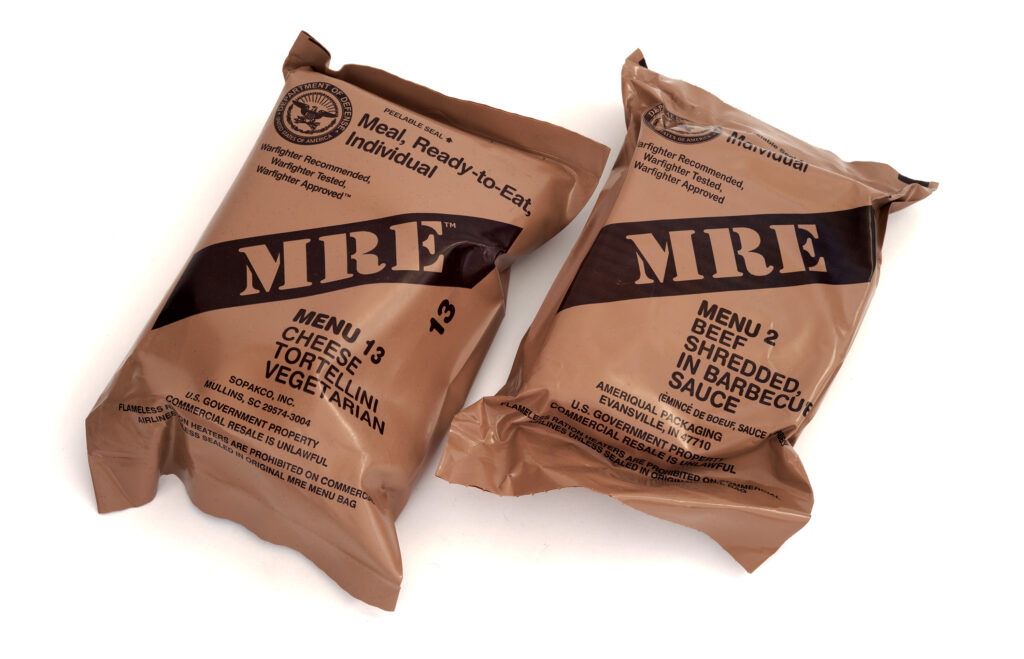
Food can be as simple or as complicated as you want it to be. A couple of loaves of bread and some peanut butter is a cheap prep. Lots of calories and carbs, but don’t worry about your macros during a disaster. There are military MREs, as well as various survival food options. Pick one, buy enough for three days, and call it a day.
Advertisement — Continue Reading Below
Generator
One of the pricier items for a prepared citizen is a generator, but it can be a Godsend. In Florida, hurricane season is also the hottest part of the year. When the power goes out for a week, and it’s August, a generator and a window unit A/C are life-saving. Beyond my personal comfort, a generator will allow those with wells and pumps to have water and fridges to keep food cold and light so you don’t stub a toe.
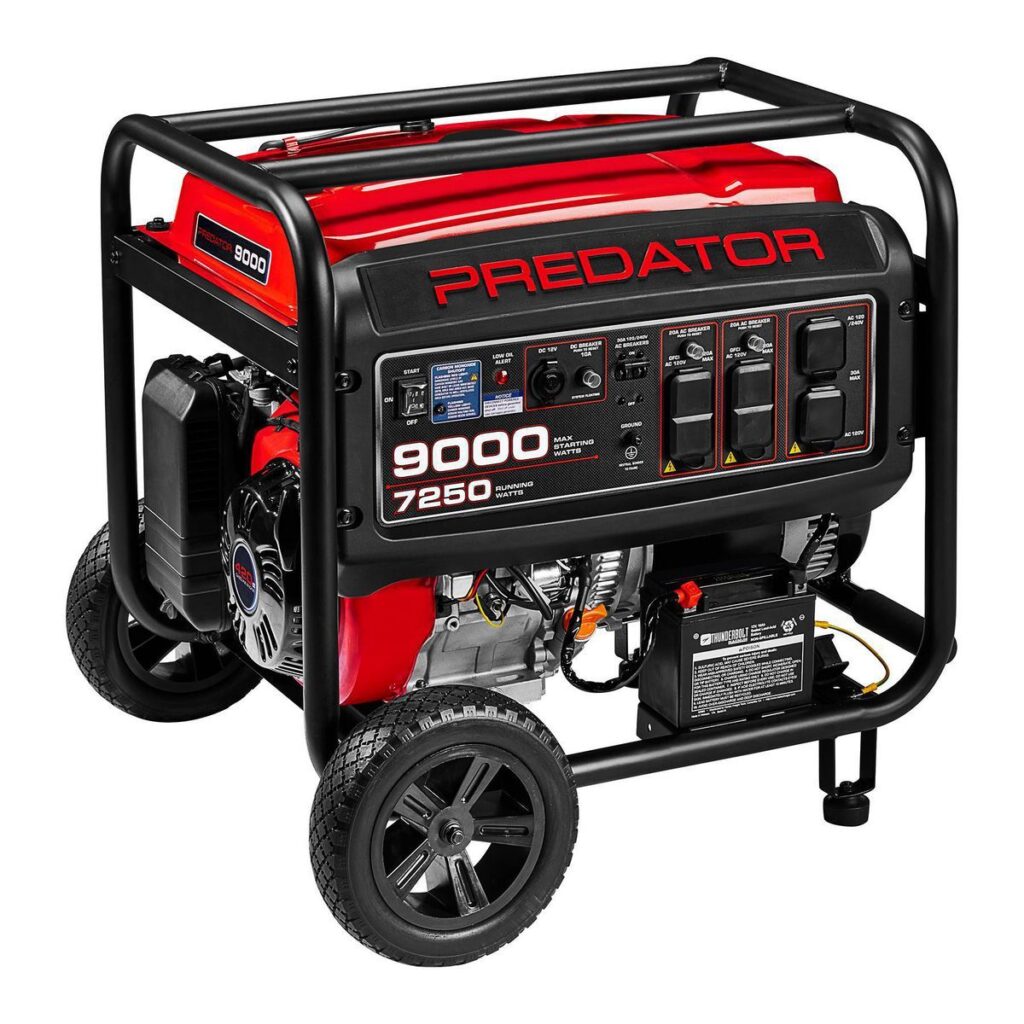
Generators also come in all sizes and shapes. Whole house generators cost as much as a car, but a small portable generator can be had for less than a grand and can power most of your stuff. Don’t depend on them to run anything 220, but you’ll be much more comfortable with a generator than without. Don’t forget fuel cans because gas stations might be down for a few days.
Advertisement — Continue Reading Below
NOAA Radio
The National Oceanic and Atmospheric Administration will keep you abreast of weather situations and scenarios. NOAA radios are widely available and designed for emergencies. Most have an internal battery, and some even come with hand cranks in case all your power options are exhausted.
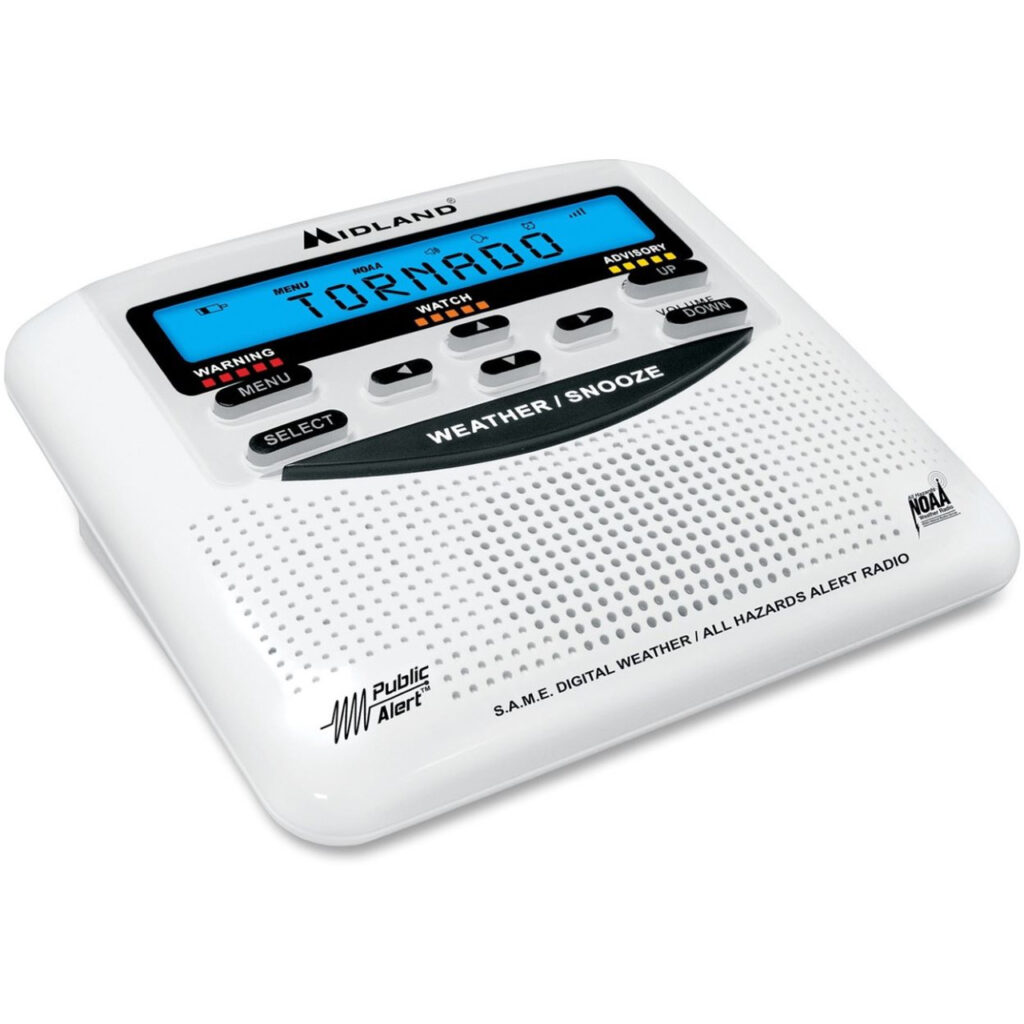
Situational awareness is a key feature to staying successful and alive, and a NOAA radio does just that. Plus, some even come with a light that can be hand-charged. The NOAA radios are cheap, easy to stash, and a great tool.
Advertisement — Continue Reading Below
Battery-Powered Light Sources
A prepared citizen needs something to light the way. In the tactical world, the majority of us have these super-powerful flashlights designed to find bad guys. Those are great, but they suck batteries quickly. For general preparedness, you want a light that has a longer battery life and might not be so powerful. My choice is typically the Streamlight Sidewinder.
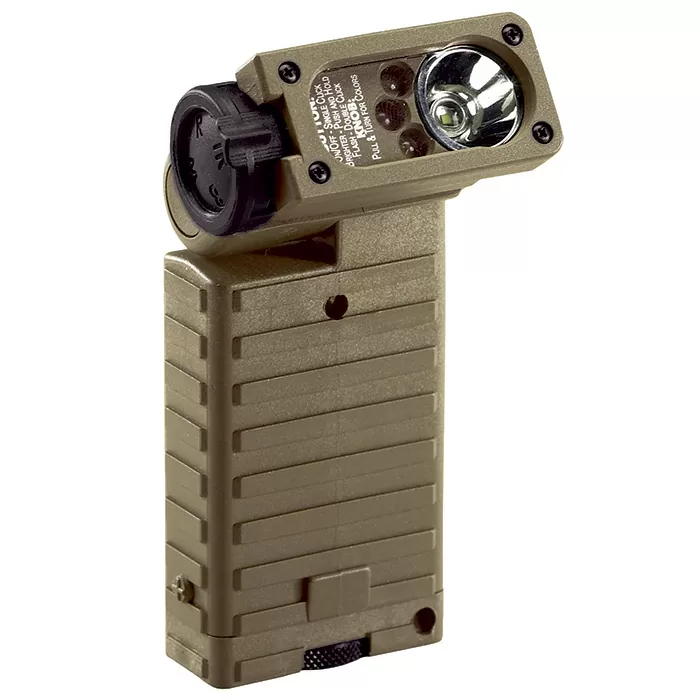
I’d also grab some form of battery-powered lantern to light up an entire room. It’s a handy comfort item and makes sure no one gets too scared of the dark. Plus, they can be emergency beacons if necessary.
Advertisement — Continue Reading Below
A Good Tool Kit – Including a Drill
Even if you’re not the DIY type, having a good tool kit around can be invaluable. I’m also very partial to having a drill to secure boards to windows, and if needed, I can remove doors from walls for emergency access. Tools allow you to shut off utilities like natural gas or even water to prevent contamination.
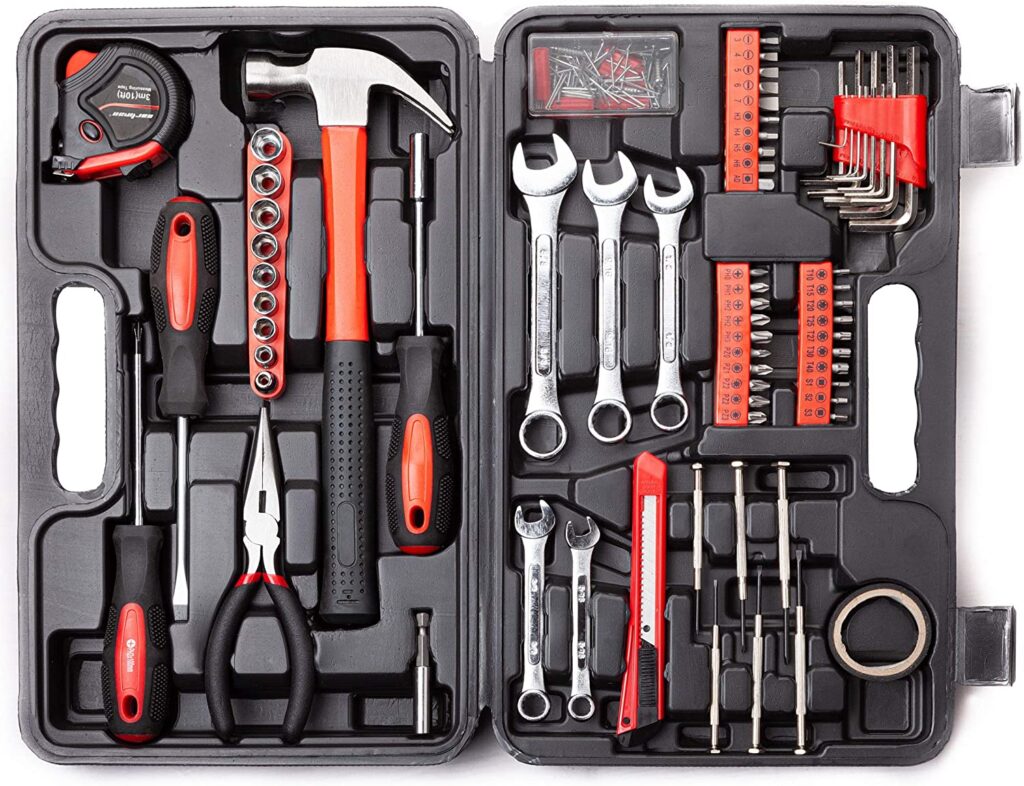
Tools allow you to do many things, too many to list here. You might need to make emergency repairs, secure tarps to roofs, and more. Your area will likely dictate the tools you need to succeed. As a rural man, I keep a chainsaw to cut trees off of roads, but that might not be necessary for you.
Advertisement — Continue Reading Below
Fire Extinguisher
Every house should have one or two of these. One should be in the kitchen to stop fires, and another should be stored for emergencies. During disasters, the fire department might have its hands full, and obstacles like flood water, powerlines, and downed trees might make your home inaccessible. With that in mind, a fire extinguisher becomes a must-have gear.
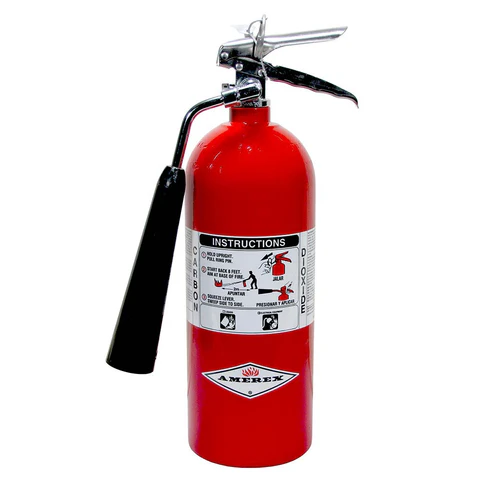
Power outages introduce grills for cooking and candles for light, and any open flame creates danger. Keep a fire extinguisher that works, is in date, and is UL certified. When deployed correctly, they can save lives and homes.
Advertisement — Continue Reading Below
Document Grab Box
A document grab box allows you to put all your important pieces of paper in one place. Preferably a waterproof, fireproof place. In an emergency, you can snatch it and just go. You don’t have to leave your important papers behind. Arguably, it doesn’t save your immediate life or provide immediate comfort, but it will make your life easier after the storm and allow you to focus on rebuilding and repairing.
Staying Prepared
Being a prepared citizen doesn’t just mean stashing a dozen guns and hundreds of rounds of ammo around the house. Sometimes, it’s not that exciting or interesting. Most modern disasters won’t be Mad Max-like scenarios. They’ll be boring, uncomfortable, and work-filled. A bit of smart preparations will take you far!
